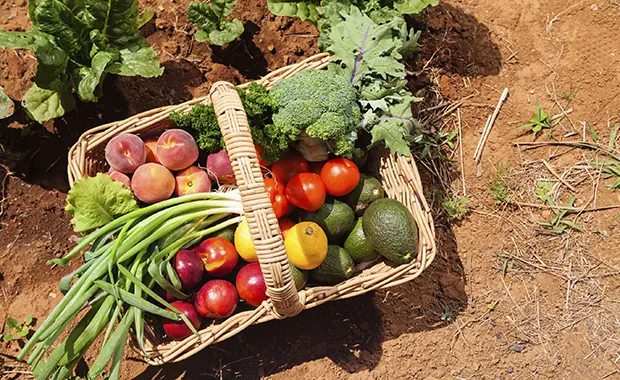
Active vegans live and function meat- and dairy-free, but does the elimination of two food groups keep them from achieving the best results? According to a Harris Interactive study, 60 percent of American adults restrict at least one nutritional component from their diet. No matter the reason for excluding certain foods, the loss of an entire food group needs to be nutritionally balanced, especially when running.
Without protein-rich meat and dairy, it can be difficult for vegans to obtain the nutrients needed for running. Here's the right way to fuel for running as a green machine.
Eat Protein Substitutes
According to gastroenterologist Dr. Prem Chattoo of Hudson River Gastroenterology:
"It is important to have some form of protein for workouts, but being a vegan won't impede any workout, as long as protein is supplemented. If the body does not receive enough protein, starvation mode kicks in, in which the body breaks down muscle tissue and loses muscle mass."
To still have the long-term stamina that meat provides, vegans must consume other foods that provide a substantial amount of protein.
Leading a life of protein substitutes, vegan pioneer Pamela Elizabeth "veganizes" meat dishes, such as Philly cheesesteaks and burgers at her New York City restaurant line, Blossom Du Jour. She suggests using seitan, black beans, tempeh, quinoa, tofu, lentils, cashews and kale as protein substitutes for vegan runners. Vegan protein powder is another option for meat- and dairy-free fitness fuel.
Eat Dairy Substitutes
Protein and bone-strengthening calcium are two major benefits of dairy products. Cindy Kasindorf, holistic health counselor and creator of the superfood juice and smoothie collection Joni Juice, suggests almond milk and non-dairy nut cheeses as nutritious but still tasty dairy alternatives
Prepare Your Body for Your Run
New vegans or vegans returning to running should start training cautiously. "For any vegans who are not very active, a minimum of two months of general exercise, along with gradual reintroduction of running (brisk walking with jogging intervals) is suggested," says Karena Wu, physical therapist and owner of ActiveCare Physical Therapy.
Once you're running regularly, make sure you fuel appropriately for the distance. Long runs (like half and full marathons) need a large amount of carbohydrates. Two-time NYC Marathon runner Dr. Sean Lager of Gotham City Orthopedics loads up on carbs starting one week before a long run or marathon.
"The theory is that your body will create glycogen storage, which reserves energy required to run long distances," Lager says. "Along with eating enough carbs, always drink lots of fluids and electrolytes."
Join a Vegan Running Group
The vegan movement continues to expand nationwide, and with that, so are vegan-oriented groups with common interests. Meat- and dairy-free runners are revitalizing the lifestyle through vegan running groups, in which new friends and knowledge about maintaining a healthy running lifestyle as a vegan can be gained. No Meat Athlete is a nationwide vegan running group that offers nutrition ideas, local training runs and resources for vegans in cities across the country.
- 8 Vegan-Friendly Nutrients for Athletes
- Cycling on a Vegan Diet
- 5 Vegan Recovery Snacks Made With Dates
 Find heathy recipes.
Find heathy recipes.
About the Author

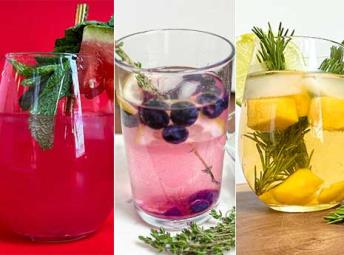
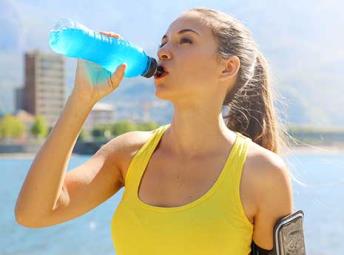
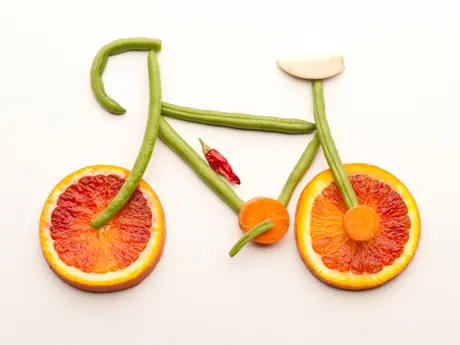
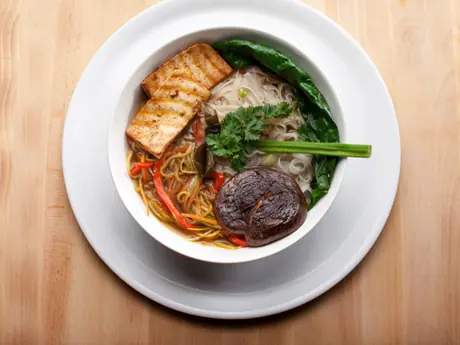
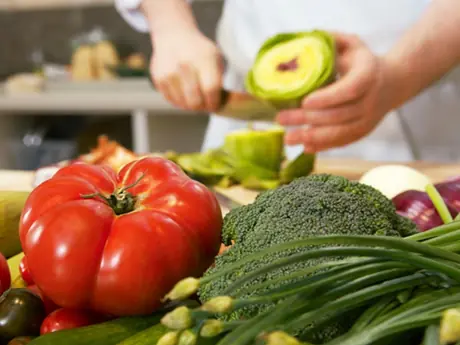
Discuss This Article